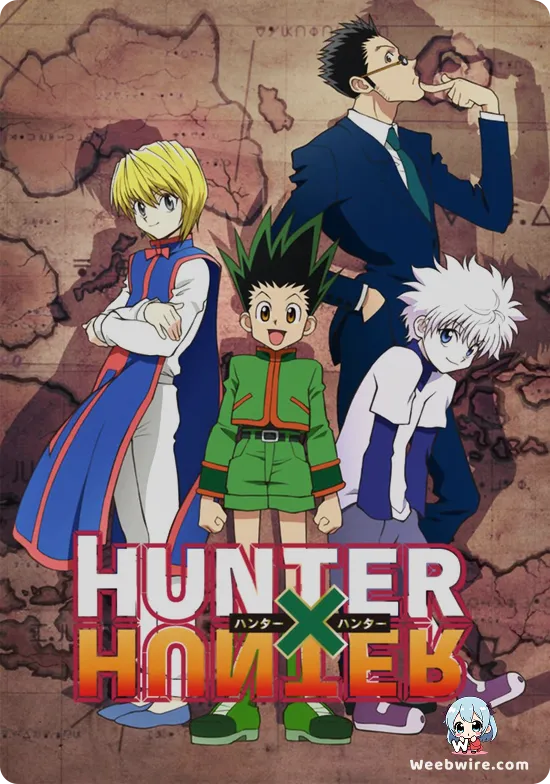

© VAPnews.hidive.com
Overview
Set in a vividly rendered modern-day Japan, primarily around the picturesque yet somber city of Kamakura, Elfen Lied plunges viewers into a world where humanity grapples with the emergent threat of the Diclonii—a newly evolved species marked by distinctive horn-like protrusions and possessing devastating telekinetic 'vectors.' The series pivots around Lucy, a powerful and highly dangerous Diclonius, who escapes a clandestine government laboratory where she endured brutal experimentation. During her desperate flight, Lucy sustains a severe head injury, leading to the manifestation of a profound split personality: the lethal, vengeful 'Lucy' and the innocent, childlike 'Nyu.' Her path intertwines with university students Kouta and his cousin Yuka, who unknowingly take in the amnesiac Nyu. This seemingly innocuous act ignites a complex, often heartbreaking narrative, exploring their relationships against a backdrop of intense action, psychological torment, and visceral horror. Elfen Lied masterfully juxtaposes moments of extreme brutality with profound tenderness, probing deeply into themes of identity, the devastating effects of prejudice, profound trauma, and the elusive line separating monster from victim. The anime employs unique artistic flourishes, most notably its opening and ending sequences, which draw inspiration from Gustav Klimt’s paintings, infusing symbolic depth into its grim yet emotionally resonant story. This blend of graphic violence, supernatural horror, and poignant emotional storytelling cemented Elfen Lied as a controversial yet unforgettable work in the early 2000s anime landscape.
Opinion
Elfen Lied stands as a profoundly impactful and often polarizing anime that leaves an indelible mark on its audience through its daring blend of horror, psychological drama, and intense action. The animation, while reflective of early 2000s production capabilities, effectively conveys the series’ raw emotional intensity and graphic violence. Crucially, the artistic choice to incorporate Gustav Klimt-inspired visuals in its sequences elevates the aesthetic, adding layers of symbolic beauty and melancholic introspection that brilliantly contrast with the brutal narrative. The voice acting is exceptional, with Mamiko Noto's portrayal of Lucy/Nyu being a particular standout, masterfully transitioning between the innocent vulnerability of Nyu and the chilling, vengeful fury of Lucy. This duality is central to the anime’s character development, which is remarkably nuanced for all its main players, exploring their tragic backstories and the profound impact of trauma and loss. The story pacing is a delicate balance, weaving together thrilling action sequences with quieter, emotionally charged moments that gradually unravel the complex web of relationships and past events. Thematic depth is arguably where Elfen Lied shines brightest, fearlessly tackling heavy subjects like prejudice, identity, the nature of humanity, and the consequences of cruelty. While its graphic content and explicit themes may not appeal to all, they are integral to its message, pushing boundaries to deliver a powerful, thought-provoking narrative about acceptance and the search for belonging within a world that fears difference. The haunting score, especially the iconic opening theme "Lilium," perfectly encapsulates the series' eerie and melancholic atmosphere, reinforcing its lasting legacy as a seminal work for those seeking a challenging and emotionally resonant anime experience.
Characters
Yuka
Voice: Ai Tokunaga
Kouta
Voice: Takashi Kondō
Lucy / Nyu
Voice: Mamiko Noto
Nana
Voice: Saeko Chiba
Kurama
Voice: Kenji Nojima
Credits
Studio
VAP
Cover Art
Arms Corporation (Art and Character Design)
Publisher
MediaWorks (original manga publisher)
Producers
VAP, Arms Corporation
Episodes
Season 1
13 episodesInformation
Genres
Related Anime

Fullmetal Alchemist: Brotherhood

Haikyu!!

Attack on Titan

Hunter x Hunter Story, Characters, Revival News, & Similar Anime

Gintama.: Slip Arc
